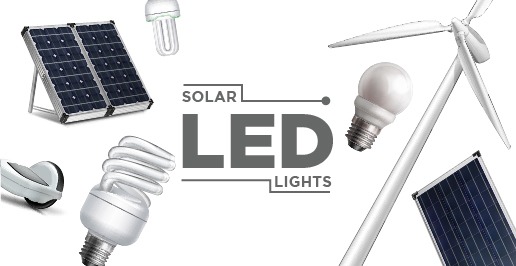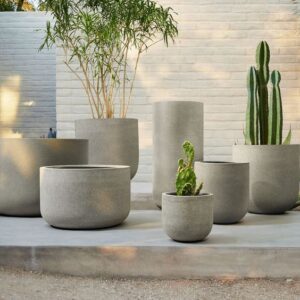Efficiency and Elegance – Buy online Solar LED Lights Leave a comment


Introduction:
In an era where sustainability and eco-friendliness are at the forefront of our minds, Solar LED Lights have emerged as a shining example of innovative technology that not only conserves energy but also illuminates our lives in a cleaner and more cost-effective manner.
These lights have been a game-changer, providing a practical and eco-conscious alternative to conventional lighting solutions. This article explores the world of solar garden lights, shedding light on how they work, their benefits, applications, and their impact on the environment.
Solar LED Lights: Lighting Up the Eco-Friendly Way
led solar lights outdoor are a marriage of two incredible technologies: solar panels and energy-efficient LED bulbs. These lights are designed to capture sunlight during the day. Convert it into electricity, and store it in built-in batteries for use during the night. This sustainable approach means that they operate entirely off-grid, reducing our dependence on traditional energy sources and contributing to a greener planet.
Key Features and Benefits:
Energy Efficiency:
outdoor solar lights are incredibly energy-efficient. Their LED bulbs consume a fraction of the energy compared to traditional incandescent or fluorescent bulbs, resulting in lower electricity bills and reduced carbon emissions.
Environmentally Friendly:
By harnessing solar energy, these lights reduce carbon footprints and decrease the demand for fossil fuels. They have no harmful emissions and contribute to cleaner air and a healthier environment.
Low Maintenance:
solar light for home are designed for minimal maintenance once installed, they require little to no upkeep, making them a hassle-free lighting solution.
Versatility:
led solar lights outdoor are available in various styles and can be used for a wide range of applications. Including outdoor lighting, garden illumination, security lighting, and decorative purposes.
Cost Savings:
While the initial investment in Solar LED lights may be slightly higher, the long-term savings on electricity bills and maintenance costs make them a financially sound choice.
Applications:
solar light for home are versatile and can be used Numerous applications, such as.
Solar Garden Lights:
Enhance the aesthetics of your garden while providing eco-friendly lighting.
Solar Street Lights:
Illuminate streets and public spaces without the need for a grid connection.
Solar Security Lights:
Provide added security to your property with motion-activated solar LED security lights.
Solar Pathway Lights:
Illuminate pathways and walkways for safety and aesthetics.
Solar Decorative Lights:
Add a touch of ambiance to your outdoor spaces with decorative solar solar garden lights.
Conclusion:
Solar LED lights represent a beacon of hope in the world of energy-efficient lighting. By harnessing the power of the sun, they offer a sustainable, cost-effective, and environmentally friendly solution for various lighting needs. As we look towards a brighter and more sustainable future, Solar led solar lights outdoor are sure to play an increasingly important role in our lives, guiding us towards a greener and cleaner world.
What are the key benefits of using solar LED light for outdoor illumination?
The key benefits of using solar LED lights for outdoor illumination include energy efficiency, cost savings, environmental sustainability, easy installation without wiring, and the ability to harness renewable solar power, making them an eco-friendly and practical choice for outdoor lighting.
Can you recommend reputable brands for high-quality solar LED light?
Certainly! Some reputable brands known for high-quality solar LED light include Philips, Ring, LITOM, Aootek, and Baxia Technology. These brands are recognized for their durability, brightness, and overall performance in the solar lighting market.
Are there specific maintenance tips for ensuring the longevity of solar LED lights?
To ensure the longevity of solar LED light, regularly clean the solar panels, check for debris, and position them in areas with optimal sunlight. Additionally, replace rechargeable batteries as needed, and store lights indoors during prolonged periods of inclement weather to enhance overall performance and lifespan.





